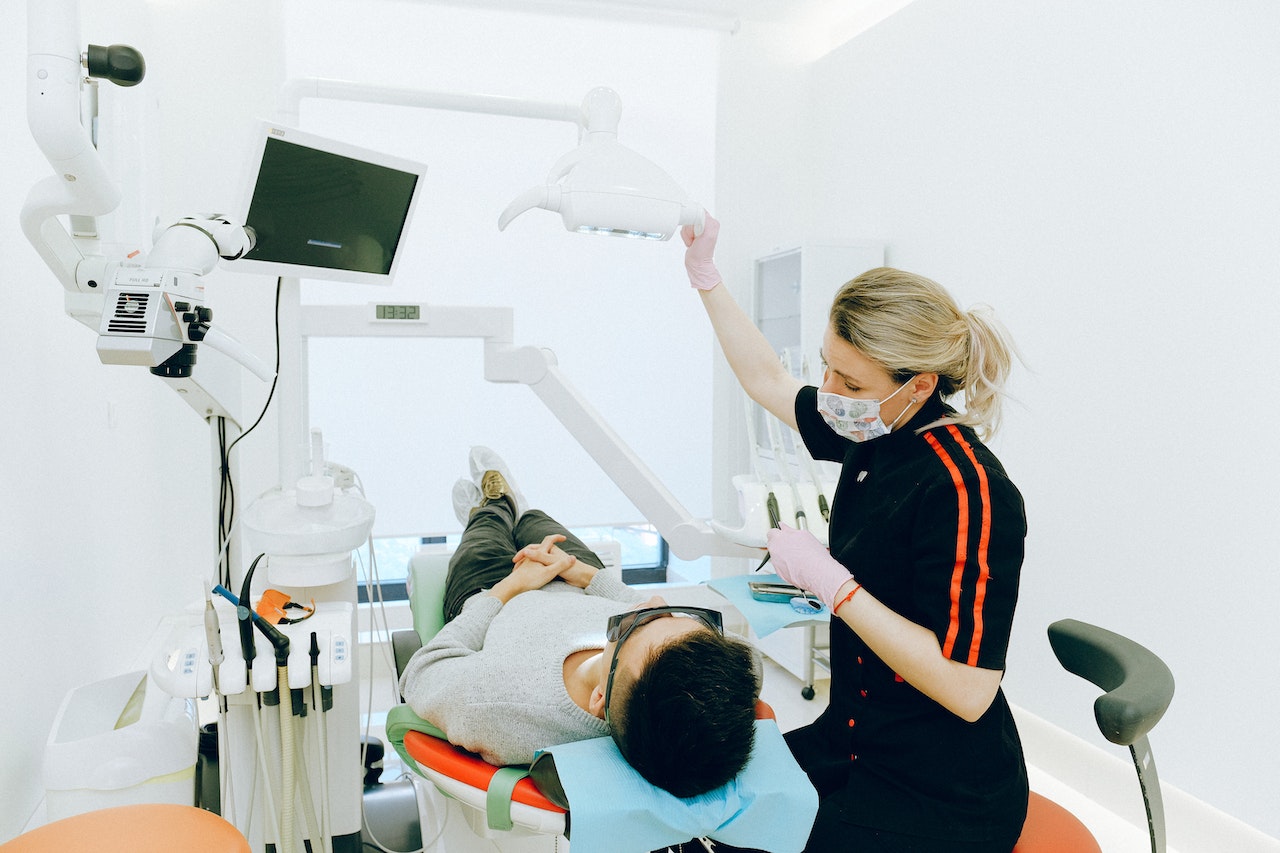Basic oral hygiene is something every person should practice religiously. This could include brushing and flossing your teeth on a daily basis, going to the dentist every six months, and avoiding foods that could stain the teeth or harm the gums.
However, problems may still emerge between dental appointments. Some of these dental issues may even require emergency dental care. Indeed, some instances mean getting immediate dental care.
Read on to discover the warning signs to look out for and why you may need emergency care to address these issues.
The Pain and Toothaches
Some toothaches can suddenly get much worse, resulting in sleepless nights, jaw issues, as well as mouth discomfort and swelling. Toothache is a symptom of a variety of potential disorders that require prompt attention from both you and your dentist.
The Heavy Bleeding
In some circumstances, forceful brushing or chewing may cause heavy bleeding. If the bleeding is serious or does not stop, make an appointment with your dentist at once. If you have bleeding after flossing or cleaning your teeth, you may have gum disease.
Gum disease is diagnosed when there is bleeding from the gums along with additional symptoms such as a foul odour or gum swelling. Gingivitis, often known as gum disease, necessitates immediate medical intervention. If you do not receive timely treatment for your teeth, they will never be the same.
To decide the best course of treatment for you, your dentist will evaluate your jaws and take x-rays. It’s always best to prevent more harm through early detection.
The Sudden Tooth Loss
With fully formed adult teeth, tooth loss could be alarming (and embarrassing). Such sudden tooth dislodgement could be due to accidents or severe gum disease.
With that said, you should seek treatment from a dentist as soon as possible. If a tooth becomes loose due to sports or an accident, it’s critical to keep the tooth and schedule an appointment with a dentist as soon as possible.
If the tooth can be kept in milk, the dentist will have a better chance of properly replacing it. Until you arrive, call your dentist for instructions. When developing a treatment plan, the dentist’s initial consideration is the state of the tooth.
The Swollen Jaw
A swollen jaw could be an indication of a salivary gland infection caused by a blockage. A swollen jaw, an unpleasant taste in the mouth, difficulty swallowing, breathing problems, and a high temperature are just a few of the signs that suggest the need for quick dental care.
The Enlargement of the Mouth and Cheeks
Infections of the mouth can be quite serious and result in the inflammation of the gums, cheeks, or lymph nodes. Make an appointment with your dentist if the inflammation worsens.
If not treated, an oral infection can travel to the bloodstream and cause life-threatening problems. Because of the inflammation, a patient may even experience lockjaw.
The Rapidly Expanding Mouth Ulcer or Lesion
Even if your next appointment isn’t for a few weeks, see your dentist if you have a sore that has been hurting you for more than a few days. A rapidly expanding mouth ulcer or lesion should be a cause for concern because it could indicate oral cancer. Even though canker sores are relatively common, infection is still possible.
A dentist has the capacity to detect abnormalities that the patient may be unaware of. A dentist can help rule out the likelihood of a malignant tumour by examining a growth or ulcer as soon as it arises.
Conclusion
Nobody wants to experience toothaches, severe gum disease, swollen jaws, and tooth loss. After all, a good set of teeth and healthy gums are vital for our confidence in our daily lives. As such, it’s critical to have disciplined oral hygiene and a great dentist on speed dial in case of dental emergencies.
Are you looking for an emergency dentist in Earlwood? The TLC Dentist offers professional dental services for all ages, young or old. Contact us today to set your child’s first appointment!

